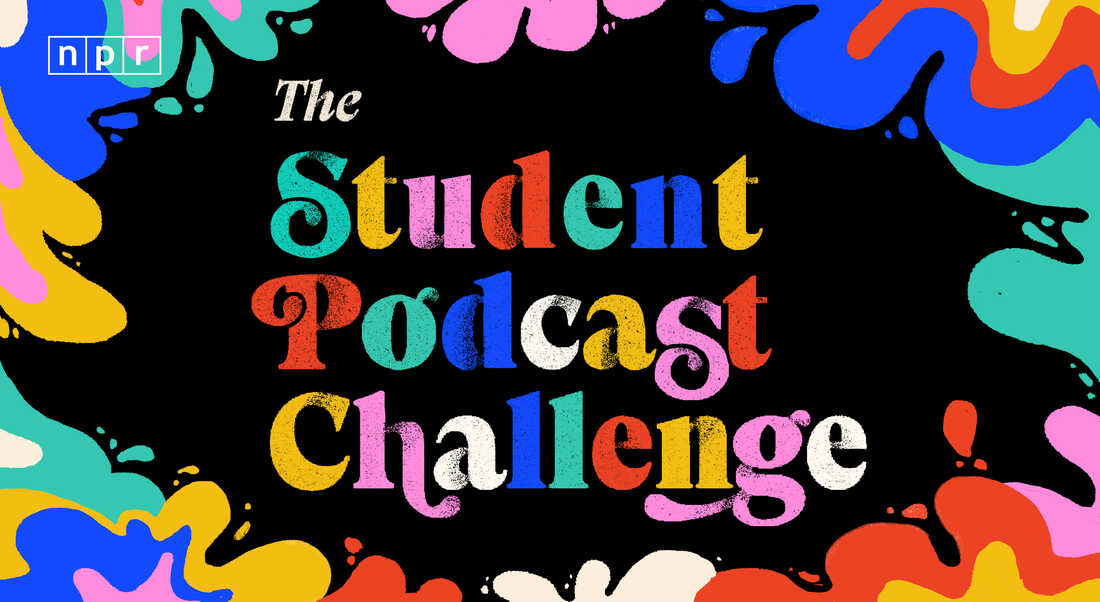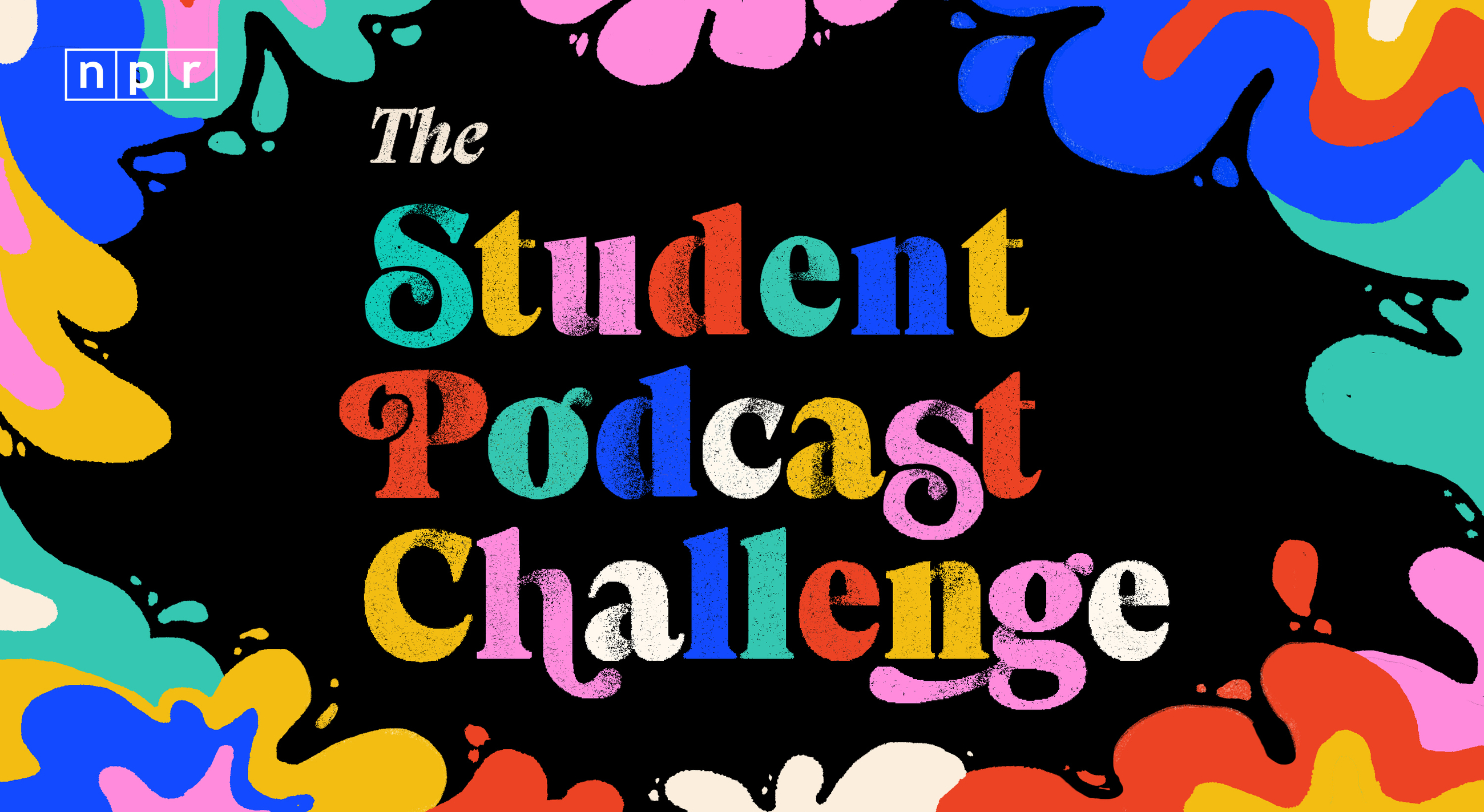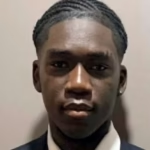

Once again, classrooms across the nation transformed into vibrant audio studios as fourth grade educators encouraged their students to craft compelling narratives, interviews, and commentaries for NPR’s Student Podcast Challenge.
Our panel of judges was impressed by the diverse range of topics covered-from insightful explorations of evolving math teaching methods to the struggles of unplugging from digital devices, and a delightful, well-rounded debate on the age-old question: Who truly has it better, children or adults?

This marks the second consecutive year that fourth graders have been invited to participate, following numerous requests from educators nationwide. Traditionally, the Student Podcast Challenge, now celebrating its seventh year, has spotlighted exceptional podcasts created by students in grades five through eight and nine through twelve.
Notably, last year’s fourth-grade champion, Ameya Desai from Williams Elementary School in San Jose, California, made history by becoming the first participant to win again-this time securing the middle school grand prize with her podcast titled Far From Home – Shikata Ga Nai.
From this year’s submissions, our team selected three standout winners and two honorable mentions. Presented alphabetically, here are the top fourth grade podcasts of 2025:
Winners
Kids vs Adults
Creators: Emma Chayon, Emma Perez, and Ella Elraviv from Acton Academy of Bergen County, Closter, New Jersey
Teacher/Sponsor: Ashley Edwards
In a spirited and humorous exchange, fourth grader Ella Elraviv debates her teacher, Ms. Edwards, on who truly enjoys life more-children or adults. Guided by their peers, the conversation covers everyday topics such as chores, bedtime routines, and the controversial question of whether Oreos make a suitable dinner.
Ella champions the advantages of childhood, highlighting perks like tax exemption and tasty treats, while Ms. Edwards counters with adult freedoms like binge-watching shows and unrestricted travel. The podcast is filled with laughter and youthful enthusiasm, offering a thoughtful look at the benefits and drawbacks of both stages of life.
Will AI Take Over Hollywood?
Creator: Noah Brown, Jefferson Elementary School, Union City, New Jersey
Teacher/Sponsor: Andrew Bishop
Noah Brown embarks on a futuristic journey exploring artificial intelligence’s expanding influence in the entertainment world. Tracing AI’s roots back to the 18th century, he examines its current applications and forecasts its impact on creative professions.
He reports that while roles such as scriptwriting and voice acting remain relatively secure, projections suggest that by 2026, AI could dominate over 20% of Hollywood’s workforce.
Zero Technology Whatsoever!
Creator: Alana Burwell, The Waldorf School of Philadelphia
Teacher/Sponsor: Anyta Thomas
During a school trip, Alana Burwell confronts the challenge of spending three nights on a farm without any electronic devices. What initially seemed daunting transforms into an enriching adventure filled with bonding moments-feeding livestock, gathering eggs, and meeting horses and llamas.
She also enjoys roasting marshmallows with teachers and participating in a scavenger hunt with friends, discovering the joys of unplugged living and nature’s simple pleasures.
Honorable Mentions
Shelter Pets
Creator: Finley Pritchard, Byron Kibler Elementary School, Enumclaw, Washington
Teacher/Sponsor: Nicole Webb
Finley Pritchard offers a heartfelt perspective on the importance of adopting pets from shelters. Through the eyes of shelter animals, he sheds light on the harsh reality many face-being euthanized not due to behavior but because of irresponsible breeding and insufficient spaying or neutering.
His podcast advocates for increased adoption efforts to give these animals loving homes.
The Times Are Changing and Math Is Too
Creator: Kennedy Abramowitz, Eva Marshall Magnet Elementary School, Flagstaff, Arizona
Teacher/Sponsor: Katie Krause
In this insightful episode, Kennedy Abramowitz tackles the common refrain from parents lamenting the difficulty of modern math and longing for traditional teaching methods. Through an interview with her school district’s math coordinator, Ms. Jane, Kennedy explores how math education continues to evolve and adapt to new learning styles and technologies.




















